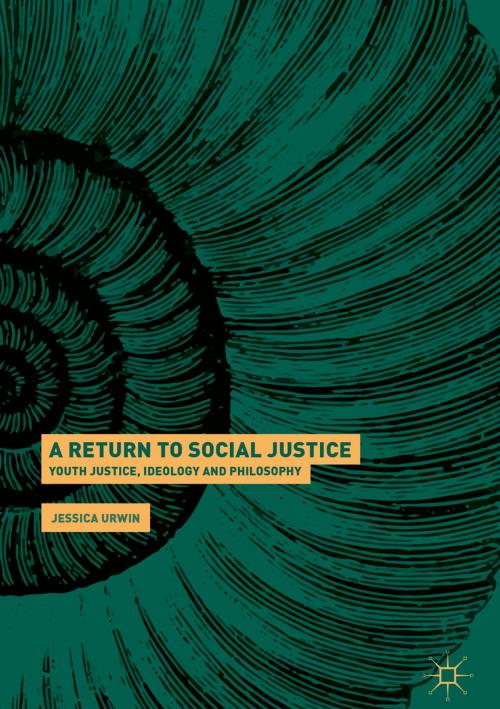A Return to Social Justice
Youth Justice, Ideology and Philosophy
Nonfiction, Social & Cultural Studies, Political Science, Government, Social Policy, Social Science, Crimes & Criminals, Criminology| Author: | Jessica Urwin | ISBN: | 9783319730431 |
| Publisher: | Springer International Publishing | Publication: | February 24, 2018 |
| Imprint: | Palgrave Macmillan | Language: | English |
| Author: | Jessica Urwin |
| ISBN: | 9783319730431 |
| Publisher: | Springer International Publishing |
| Publication: | February 24, 2018 |
| Imprint: | Palgrave Macmillan |
| Language: | English |
Youth justice has always focused on criminal justice but this work argues that taking a social justice approach is the best way to reduce youth crime. Drawing on philosophy, new research, and practitioners’ views, a new organizational structure and approach is developed. Urwin outlines the philosophical and historical background of youth justice and clarifies how this has led to problems within current practice. Prominent debates within the field are also explored in depth, such as care vs. control, and the issue of professional identity. Ultimately, all of these factors are considered in relation to the organizational structure of youth justice, and this bold and engaging study highlights the need for a more principled approach to practice. Timely and authoritative, this book is will be of great interest to youth justice practitioners, academics, students, and those who would like to apply social justice to social institutions.
Youth justice has always focused on criminal justice but this work argues that taking a social justice approach is the best way to reduce youth crime. Drawing on philosophy, new research, and practitioners’ views, a new organizational structure and approach is developed. Urwin outlines the philosophical and historical background of youth justice and clarifies how this has led to problems within current practice. Prominent debates within the field are also explored in depth, such as care vs. control, and the issue of professional identity. Ultimately, all of these factors are considered in relation to the organizational structure of youth justice, and this bold and engaging study highlights the need for a more principled approach to practice. Timely and authoritative, this book is will be of great interest to youth justice practitioners, academics, students, and those who would like to apply social justice to social institutions.















